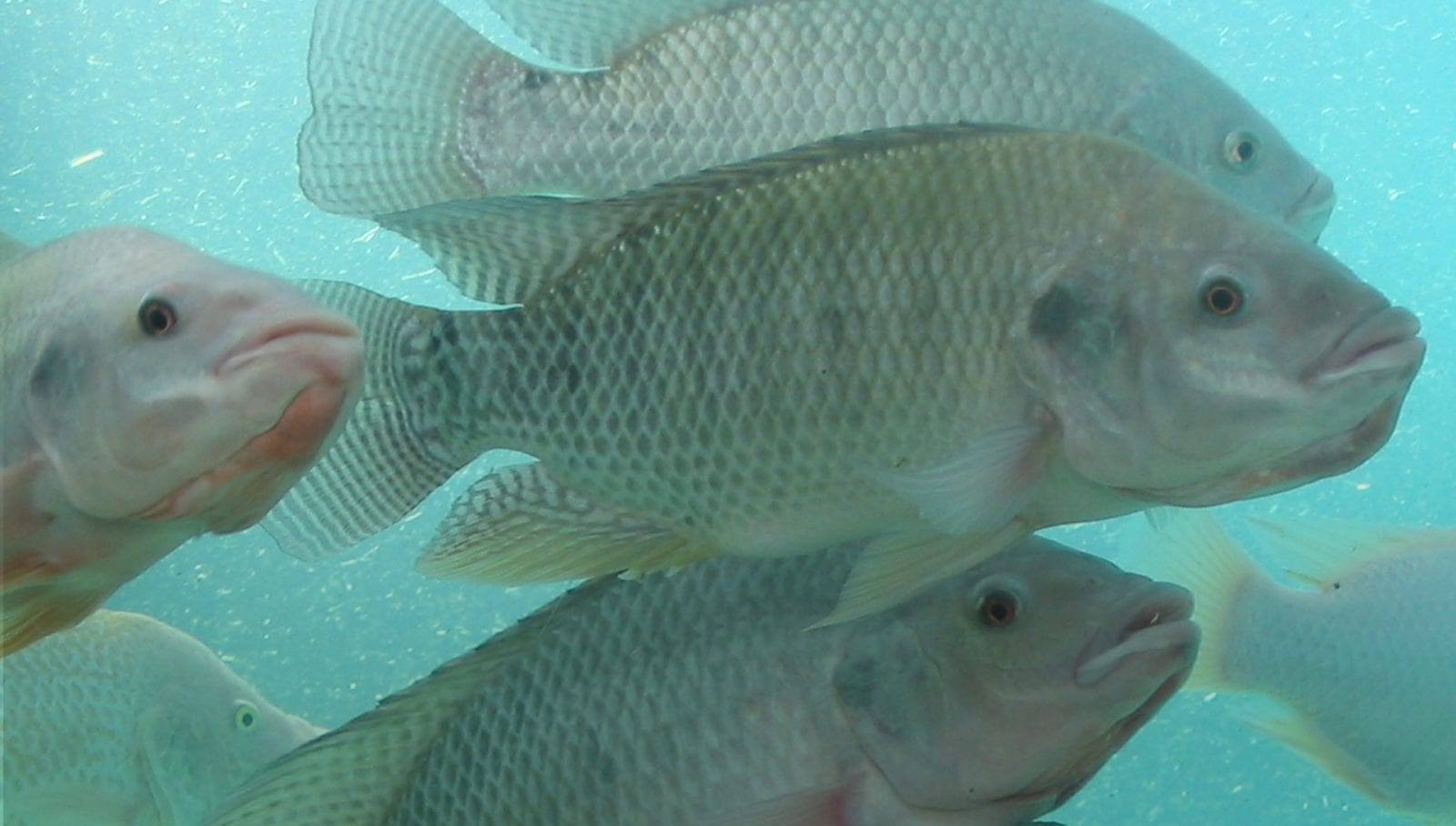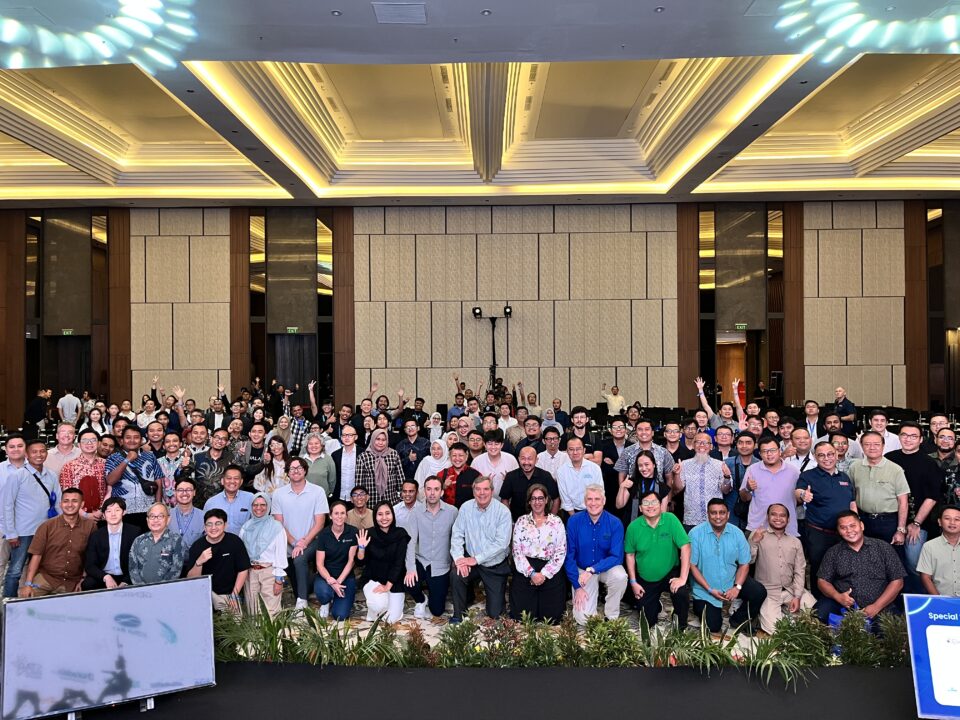
Numerous certification bodies impact aquaculture, including the so-called “big three”: Best Aquaculture Practices (BAP), developed by the Global Aquaculture Alliance (GAA), frequently used in the Americas markets; Aquaculture Stewardship Council (ASC) which was supported by the World Wildlife Fund (WWF), mixed use in Americas and European markets; and GlobalGAP, primarily targeting the European markets.
USSEC has worked with all three for several years in Southeast Asia and other USSEC regions. On a global basis, USSEC often works with GAA and BAP, and has had multiple discussions with ASC. GAA and ASC already have some requirements for sustainable ingredients: BAP for some major ingredients, including soy and the U.S. Soy Sustainability Assurance Protocol (SSAP) is listed as one of the standards beginning in 2022, while ASC wants a sustainability requirement for all ingredients. In the past, USSEC has taken part in GlobalGAP’s feed standard development and also worked with them on how they addressed GM issues. It is important for USSEC to pay attention to the “big three’s” certification standards and be involved every time they ask for public input on the standards.
Due to the cancellation of the Global Seafood Expo, a virtual trade show concept was promoted, and USSEC arranged a meeting with GlobalGAP to discuss issues of interest.
USSEC Aquaculture Program Technical Contractor Lukas Manomaitis met online with Valeska Weyman, GlobalGAP’s Senior Expert / Technical Key Account – Aquaculture on April 22. USSEC learned that GlobalGAP was not aware of the SSAP standard and wanted to know more. GlobalGAP also noted that, at present, they don’t differentiate between GM (inter-specific) and GE (intra-specific) biotech approaches. GlobalGAP plans to revise their compound feed standard soon, providing a potential opportunity for USSEC. The virtual meeting allowed USSEC and GlobalGAP to communicate more directly and share information about issues related to feed and the aquaculture industry.
“GlobalGAP would be interested in learning more about the SSAP and participating in USSEC’s virtual initiatives with industry and welcomes USSEC’s involvement in the discussion of the update of the GlobalGAP feed standard,” Ms. Weyman says.
U.S. Soy wants to ensure that the SSAP standard is included as a possible certified sustainable feed ingredient in all major aquaculture certification standards. Any exported seafood product raised in aquaculture will almost certainly need to obtain certification from one of the “big three.” Indonesia, Thailand, and Vietnam all have large seafood export industries and large aquaculture production.
